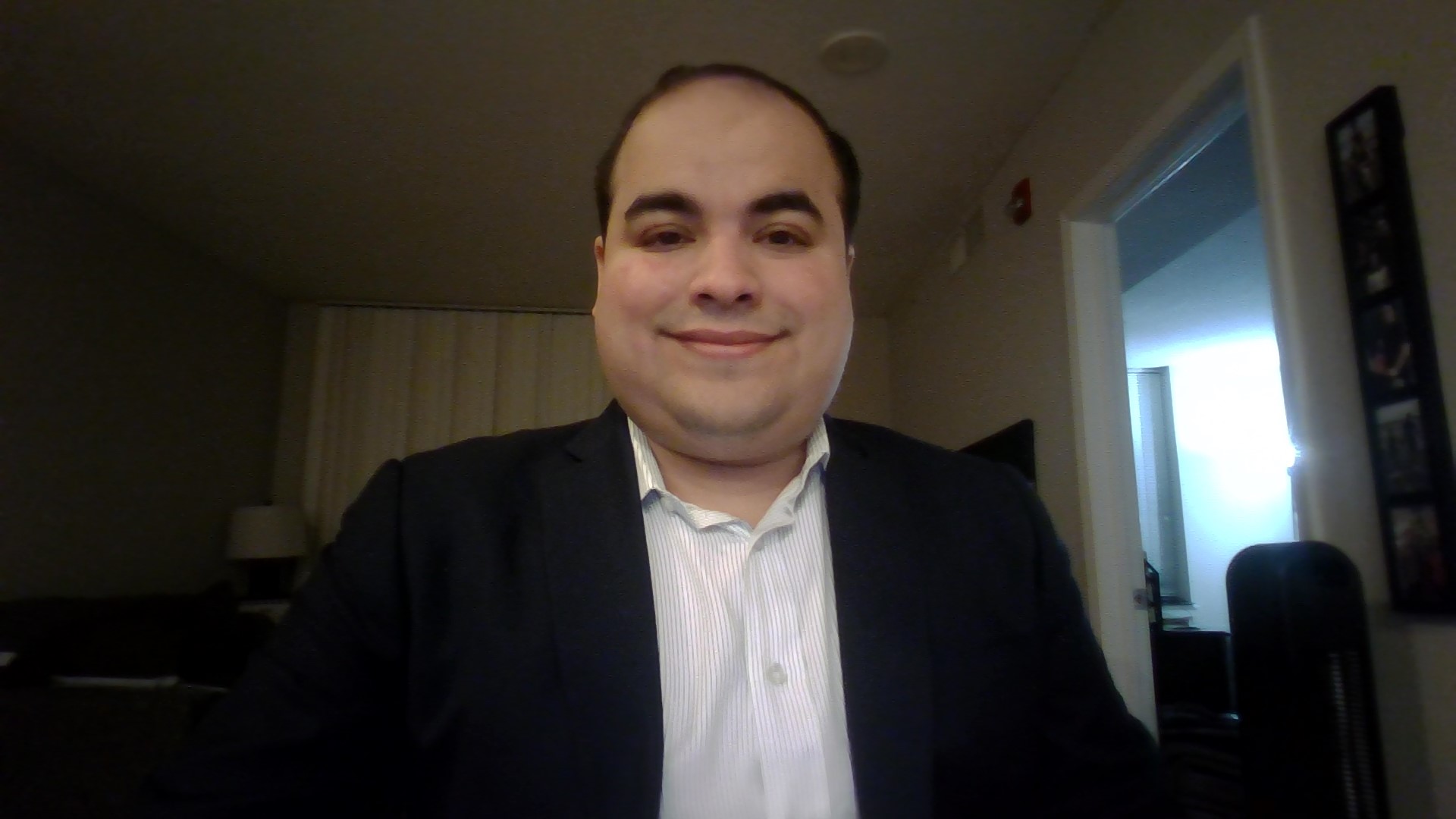All AP European History Resources
Example Questions
Example Question #31 : Political Parties; Elites; Ideologies; Mass Politics
When Voltaire said that this Prussian leader made the nation "Sparta in the morning, Athens in the afternoon," To which leader was he referring?
Frederick I
Frederick William I
Frederick II
William I
Frederick II
Frederick II earned his nickname of Frederick the Great by not only continuing the tradition of Prussian military superiority, but also by making unheard of changes to Prussian society by encouraging a revival of the arts community and pushing education on the masses, making Prussia the most highly educated nation in the world at the time.
Example Question #32 : Political Parties; Elites; Ideologies; Mass Politics
Which of England's monarchies worked well with the Parliament, rather than struggle for power with them?
The House of Tudor
House of Lancaster
House of Stuart
House of York
The House of Tudor
The House of Tudor was able to advance England's interests worldwide by working with the Parliament in order to make a functioning government. When the House of Tudor had no remaining heirs the House of Stuart rose to the throne, and decades of dysfunction would follow as the monarch and parliament would struggle for power.
Example Question #33 : Political Parties; Elites; Ideologies; Mass Politics
_______________ is the name for an aristocratic ruler who has complete power over a nation.
Absolute Monarch
President
Prime Minister
Oligarch
Absolute Monarch
An absolute monarch has, by definition, absolute control over the governance of a nation, and is answerable to no one other than themselves. Unlike other forms of government where there is another governmental structure that can hold some level of power, an absolute monarch holds all the power.
Example Question #34 : Political Parties; Elites; Ideologies; Mass Politics
What was the name of the palace built by Louis XIV?
Tuileries Palace
The Louvre
Palace of Versailles
Palais-Royal
Palace of Versailles
Versailles was built by Louis XIV to replace the Louvre as the home of the Royal family and also to escape the crowded confines of Paris. He built it to be the most magnificent Palace in the world, and to serve as a place to keep the nobility busy while he quietly took more power for himself.
Example Question #35 : Political Parties; Elites; Ideologies; Mass Politics
Louis XIII was, by most measures, an ineffective ruler. As such people around him did most of the ruling in his name. Of these people, whom did he entrust with conducting the majority of the affairs of government?
Charles de La Vieuville
Concino Concini
Marie D'Medici
Cardinal Richelieu
Cardinal Richelieu
The Cardinal served as the primary adviser to Louis XIII throughout his reign. He guided Louis XIII in his efforts to make France one of the most powerful nations in Europe and to take more power for the monarchy.
Example Question #97 : Political History
Which French king was nicknamed The Sun King?
Louis XV
Louis XIII
Louis XIV
Henry IV
Louis XIV
Louis XIV was known as the Sun King. This is because the French government revolved around him much in the same way as the galaxy revolves around the sun.
Example Question #36 : Political Parties; Elites; Ideologies; Mass Politics
What was the name for the group of nobles and lawmakers who aided the English Monarchs in ruling England?
The Senate
Congress
Parliament
The Assembly
Parliament
Britain, and more specifically, England had a government that was based around a monarchy. For centuries the Parliament has existed side by side with the Monarchy in order to aid the monarch in ruling by undertaking several responsibilities of governance.
Example Question #37 : Political Parties; Elites; Ideologies; Mass Politics
What is the definition of Divine Right?
God is the sovereign over a nation, a leader is simply chosen in his stead
The church is the leader of the nation
The church has autonomy
A leader rules by God's decree
A leader rules by God's decree
Kings claimed divine right to rule by saying God had chosen them to rule, and therefore had God's decree to rule as they deemed fit. While the church may have had sway over certain leaders and kings, they had no actual autonomy outside of the lands directly controlled by the church.
Example Question #38 : Political Parties; Elites; Ideologies; Mass Politics
When the Spanish Hapsburg line ended in 1700, what royal house took over the Spanish throne?
The House of Valois
The House of Bourbon
The House of Savoy
The House of Orange
The House of Bourbon
After the death of Charles II his closest living male descendant was named to the throne. That was his sisters grandson, Philip V of the House Bourbon. He had been raised in France as a member of the French court. He was also a grandson of Louis XIV. Other nations so disliked this union of French and Spanish royal houses that it started the War of the Spanish Succession.
Example Question #101 : Political History
Who was the last king of the Pre-Revolution France?
Louis XVII
Louis XVIII
Louis XVI
Louis XIV
Louis XVI
Louis XVI was the last King of France before the Revolution. He was arrested and executed in 1793. His son, also named Louis, lived until 1795 when he died of illness. However he was never crowned king and therefore is not included in the list of Kings of France.
Certified Tutor
Certified Tutor
All AP European History Resources




